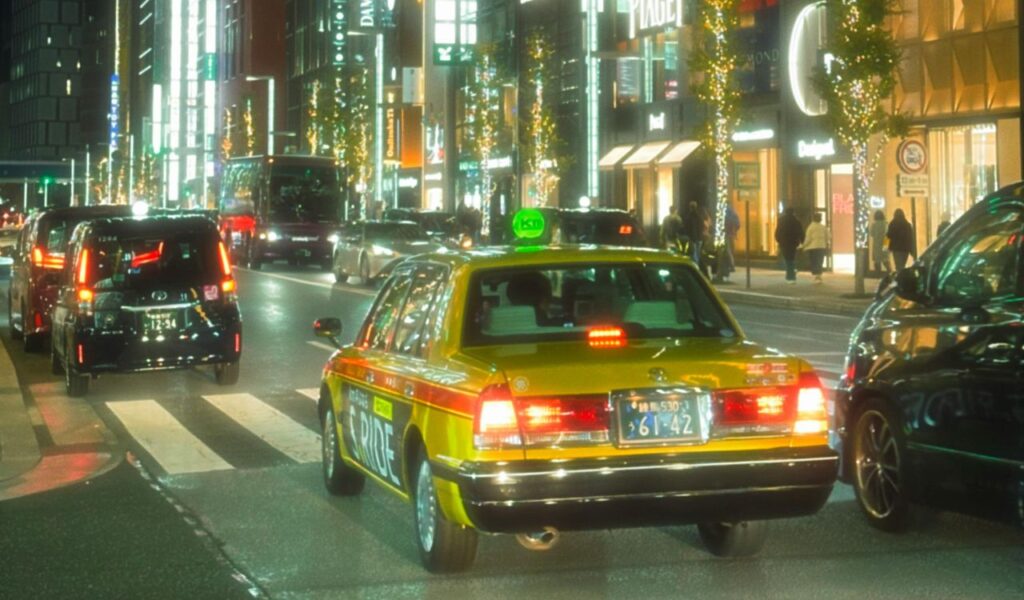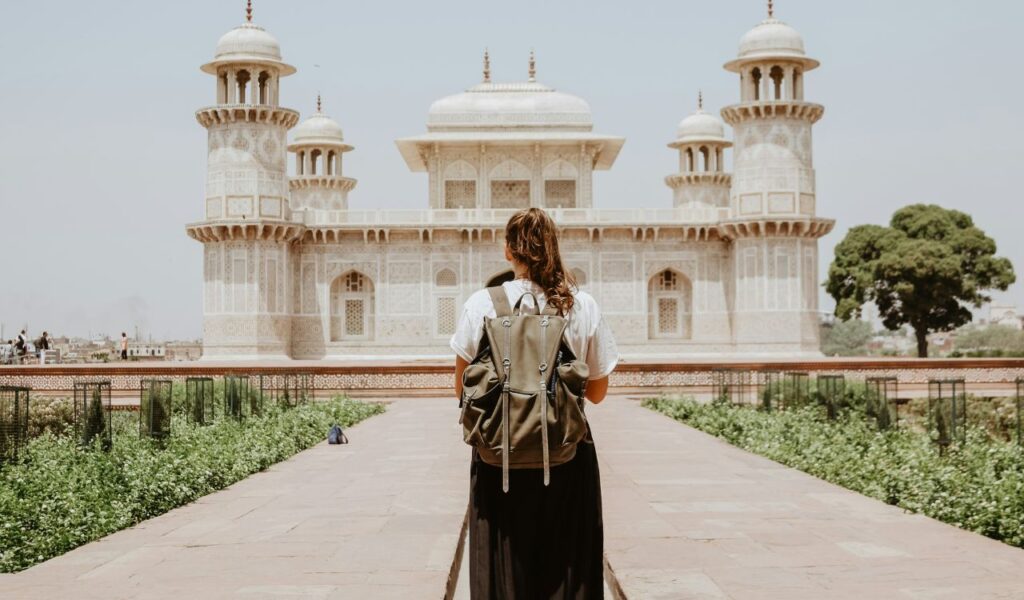We may earn money or products from the companies mentioned in this post. This means if you click on the link and purchase the item, I will receive a small commission at no extra cost to you ... you're just helping re-supply our family's travel fund.

Many American tourists break foreign laws without realizing it, often because what feels normal at home is inappropriate elsewhere. From public etiquette in Japan to strict rules in Europe and conservative customs in the Middle East, these laws can lead to embarrassment or fines. Understanding these differences ensures smoother travel, avoids misunderstandings, and shows respect for the places you visit. Here are 12 laws travelers often overlook.
Nose-blowing in Public (Japan, Korea)

In Japan and Korea, blowing your nose in public is seen as rude and unhygienic. It makes others uncomfortable, especially in quiet spaces like trains or restaurants. Instead of doing it openly, excuse yourself and use a restroom or private area. Discreetly wiping your nose with a tissue is acceptable, but avoid loud or obvious nose-blowing to respect local customs and avoid unwanted stares.
Eating While Walking (Japan)

Eating while walking, or “tabearuki,” is considered impolite in Japan. Food should be enjoyed while seated, not rushed down the street. Street vendors often provide standing areas nearby for eating. Walking and eating is seen as careless and disrespectful to the effort behind the meal. To fit in, stop, finish your snack or meal in one spot, and then continue exploring without causing offense.
Tipping (Japan, Korea)

Tipping in Japan and Korea is not only uncommon but can be viewed as insulting. Good service is part of the culture and does not require extra payment. Leaving money may confuse staff or even be politely refused. Instead of tipping, show appreciation by thanking your server. Understanding this custom helps avoid awkward moments and aligns you with local norms around hospitality and respect.
Public Displays of Affection

While casual kissing or hugging is normal in the U.S., many countries view it differently. In conservative parts of Asia or the Middle East, public affection is seen as inappropriate and disrespectful. Even holding hands can attract unwanted attention. Observing local behavior helps guide your actions. Keep intimacy private to avoid discomfort or drawing negative reactions, especially in cultures that value discretion.
Showing the Palm of Your Hand (Greece)

In Greece, holding your hand out with your palm facing forward is called the “moutza” and is a serious insult. This gesture, rooted in ancient history, is equivalent to swearing. Even unintentional movements resembling it can offend. Be mindful when signaling in traffic or gesturing during conversations. Using a wave or nod instead helps avoid misunderstandings and keeps interactions friendly and respectful.
Applying Makeup in Public (Japan)

In Japan, applying makeup in public spaces is frowned upon and considered a private activity. Grooming should be done at home or in restrooms, not on trains or buses. Locals may view public makeup routines as careless or inconsiderate. Tourists unfamiliar with this rule risk attracting judgment. To fit in, keep beauty touch-ups discreet and respect the cultural preference for personal privacy.
Running Out of Gas on the Autobahn (Germany)

Germany’s Autobahn allows high-speed driving, but stopping unnecessarily is illegal. Running out of gas is considered preventable and leads to fines. Tourists must plan their trips carefully, fuel up regularly, and avoid risky situations. Pulling over without an emergency disrupts traffic and is seen as negligence. Being prepared not only prevents penalties but also ensures safety while enjoying Germany’s famous highway.
Taking Photos of Restricted Areas

Many countries prohibit photographing military bases, airports, or government sites. Even harmless photos can violate security laws and result in fines or arrest. Always check for posted signs or ask before taking pictures. Respecting these rules shows cultural awareness and avoids serious trouble. When in doubt, focus your camera on landmarks, scenery, or approved tourist areas to stay safe and respectful.
Drinking Alcohol in Public

Open container laws differ worldwide. While casual public drinking may be accepted in some U.S. cities, it is banned in countries like Singapore and the UAE. Violations can lead to heavy fines. Always consume alcohol in licensed venues or designated areas. Understanding local rules helps avoid penalties and keeps your trip stress-free while respecting the cultural standards of your destination.
Disrespecting Religious Sites

Religious sites often have strict dress codes and behavior rules. Wearing revealing clothing, speaking loudly, or ignoring signage is seen as disrespectful and sometimes illegal. Covering shoulders and knees is common in temples or mosques. Silence and respectful conduct are expected. Observing these customs allows visitors to experience these places respectfully while avoiding offending locals or breaking laws rooted in tradition.
Wearing Revealing Clothing

In countries with conservative or religious values, revealing outfits can be offensive or even illegal. Tourists wearing shorts, crop tops, or low-cut tops risk attracting negative attention or fines. Dressing modestly shows respect and prevents conflicts. Researching local clothing norms before packing ensures comfort and cultural sensitivity. Blending in with appropriate attire makes travel smoother and helps avoid awkward encounters abroad.
Writing on Currency or Damaging Money (Thailand)

Currency featuring national leaders or royalty is treated with deep respect in some countries, particularly Thailand. Writing on bills, stepping on dropped money, or tearing currency—even accidentally—can be illegal and seen as an insult to the monarchy. If money falls, pick it up gently and avoid using it carelessly. Treating currency with respect prevents unnecessary trouble and reflects awareness of local values.